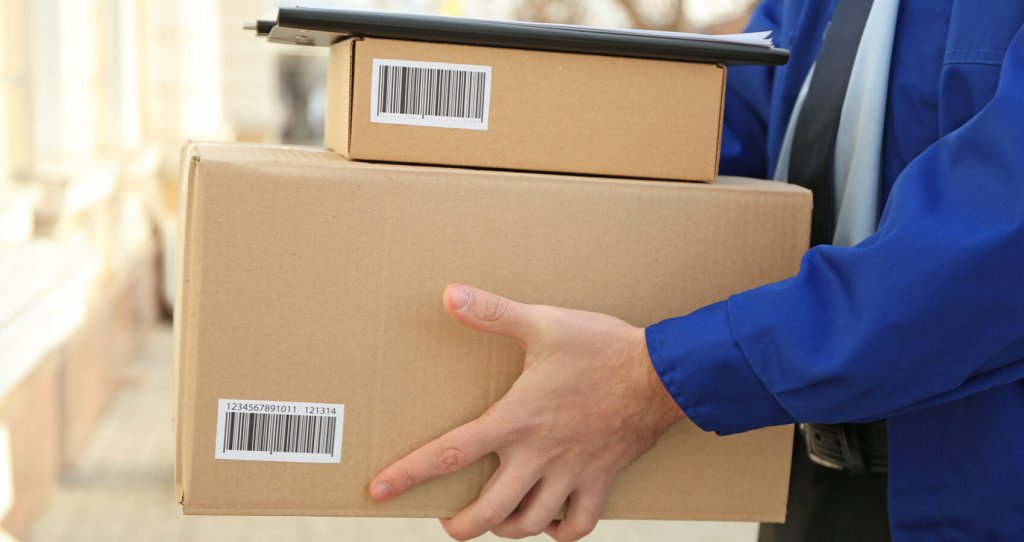Shipping products internationally can be a great way to expand your customer base and increase revenue for your e-commerce business. However, international shipping can also be complex and daunting with various rules and regulations varying by country. In this guide, we will provide you with the information you need to know about international shipping for Amazon, Etsy, Ebay, and Shopify ecommerce sellers.
Understand the shipping requirements for each marketplace
Each marketplace has different requirements and guidelines for international shipping. As a seller, you need to ensure that you are complying with these requirements. Here are the links to the shipping requirements for each marketplace:
- Amazon: https://sell.amazon.com/global-selling
- Etsy: https://www.etsy.com/legal/shipping/
- Ebay: https://www.ebay.com/help/selling/selling/selling-internationally?id=4132
- Shopify: https://www.shopify.com/blog/international-shipping
Research country-specific information
Shipping rules and regulations vary by country, so it is important to research the specific requirements for each country you plan to ship to. Here are some resources to help you:
- USPS International Mail Manual: https://pe.usps.com/text/imm/welcome.htm
- FedEx International Shipping Guidelines: https://www.fedex.com/en-us/shipping/international.html
- UPS International Shipping Guide: https://www.ups.com/us/en/shipping/international/index.page
- DHL International Shipping Guide: https://www.dhl.com/global-en/home/tracking/tracking-ecommerce.html
Determine the shipping method:
There are various shipping methods available for international shipping, such as postal services, courier services, and freight forwarding services. Each method has its own advantages and disadvantages, so it is important to choose the method that best suits your needs.
Factors to consider when choosing a shipping method:
- Speed: How quickly do you need the package to arrive at its destination?
- Cost: What is your budget for shipping?
- Package size and weight: How big and heavy is your package?
- Destination country: Does the country have any restrictions or regulations on certain shipping methods?
Here’s a link to UPS, USPS, FedEx, and DHL shipping calculators to price compare:
- UPS: https://wwwapps.ups.com/ctc/request?loc=en_US
- USPS: https://www.usps.com/international/mail-shipping-services.htm
- FedEx: https://www.fedex.com/en-us/shipping/international/understanding-international-shipping-cost.html
- DHL: https://www.dhl.com/us-en/home/get-a-quote/one-time-shipment-quote.html
Consider customs and duties:
Customs and duties are fees charged by a government on goods entering the country. As an ecommerce seller, you are responsible for ensuring that these fees are paid. It is important to research the customs and duties requirements for each country you plan to ship to. Here are some resources to help you:
- US Customs and Border Protection: https://www.cbp.gov/trade/basic-import-export/internet-purchases
- FedEx Customs Information: https://www.fedex.com/en-us/shipping/international/customs-documents.html
- UPS Customs Information: https://www.ups.com/us/en/help-center/customs-support.page
Package your items properly
Packaging your items properly is crucial for ensuring that they arrive at their destination in good condition. It is especially important for international shipping, as packages may be handled more frequently and may experience longer transit times. Here are some tips for packaging your items:
- Consider using polybags or shrink wrap for items that may be exposed to moisture during transit. This is especially important for items that are being shipped to tropical or humid climates.
- Check the destination country’s requirements for packaging and labeling. Some countries may have specific rules about the type of packaging or labeling required for certain items.
- Be aware of any special handling requirements for certain items, such as hazardous materials or perishable goods. Shipping these items internationally may require additional paperwork and compliance with specific regulations.
- When shipping items that require special handling or documentation, it is a good idea to work with a customs broker or freight forwarder who can help ensure that all requirements are met.
- If you are shipping to a country with a different language or alphabet, consider including a translated label or packing slip to ensure that your package can be properly identified and processed by customs.
- Be mindful of any restrictions on certain items for the destination country, such as items that are prohibited or restricted. Check with the country’s customs website for a complete list of restrictions and requirements.
- Keep in mind that international shipping can take longer than domestic shipping, so it is important to use the appropriate cushioning material and packaging to ensure that your items arrive in good condition, even after a longer transit time.
Track your shipment
Tracking your shipment is important for ensuring that it arrives at its destination on time and in good condition. It is also important for providing your customers with updates on the status of their shipment. Here are a few international shipping services offered by each carrier that include tracking:
- USPS: Global Express Guaranteed, Priority Mail Express International, and Priority Mail International services all include tracking.
- FedEx: FedEx International Priority, FedEx International Economy, and FedEx International First services all include tracking.
- UPS: UPS Worldwide Express, UPS Worldwide Express Freight, UPS Worldwide Expedited, and UPS Worldwide Saver services all include tracking.
- DHL: DHL Express Worldwide, DHL Express 9:00, DHL Express 10:30, and DHL Express 12:00 services all include tracking. Keep in mind that tracking may not be available for all destinations or services, so be sure to check with the carrier to confirm tracking options and availability for your specific shipment.
Communicate with your customer
Communication with your customers is key to providing a positive customer experience. This is especially important for international shipping, as there may be language barriers and different cultural norms to consider. Here are some tips for communicating with your international customers:
- Use clear and concise language in all communications.
- Be responsive to any questions or concerns your customer may have.
- Provide tracking information so your customer can follow the progress of their shipment.
- Be aware of any cultural differences that may impact communication and adjust accordingly.
Consider insurance
International shipping can be risky, as packages may be lost or damaged in transit. It is important to consider purchasing insurance to protect yourself and your customer. Here are some resources for purchasing shipping insurance:
- USPS Insurance: https://www.usps.com/ship/shipping-insurance.htm
- FedEx Insurance: https://www.fedex.com/en-us/shipping/shipping-insurance.html
- UPS Insurance: https://www.ups.com/us/en/shipping/services/value-added-services.page
Be aware of prohibited items
Certain items are prohibited from being shipped internationally. It is important to be aware of these items to avoid any legal or safety issues.
Here are some resources for checking prohibited items:
- USPS Prohibited Items: https://pe.usps.com/text/imm/immctry.htm
- FedEx Prohibited Items: https://www.fedex.com/en-us/shipping/prohibited-restricted-items.html
- UPS Prohibited Items: https://www.ups.com/us/en/help-center/sri/what-can-i-ship.page
Consider using a third-party shipping provider
If international shipping seems overwhelming or if you do not have the resources to manage it on your own, consider using a third-party shipping provider. These providers can handle all aspects of international shipping for you, from packaging to customs and duties.
Here are some popular third-party shipping providers:
- ShipStation: https://www.shipstation.com/
- Easyship: https://www.easyship.com/
- Stamps.com: https://www.stamps.com/usps/international-shipping/
From navigating the different rules and regulations of each online marketplace to understanding customs and duties, there are many variables to conside with online shipping. But don’t worry, with proper planning and preparation, you can successfully navigate the complexities of international shipping and unlock the doors to selling internationally.



